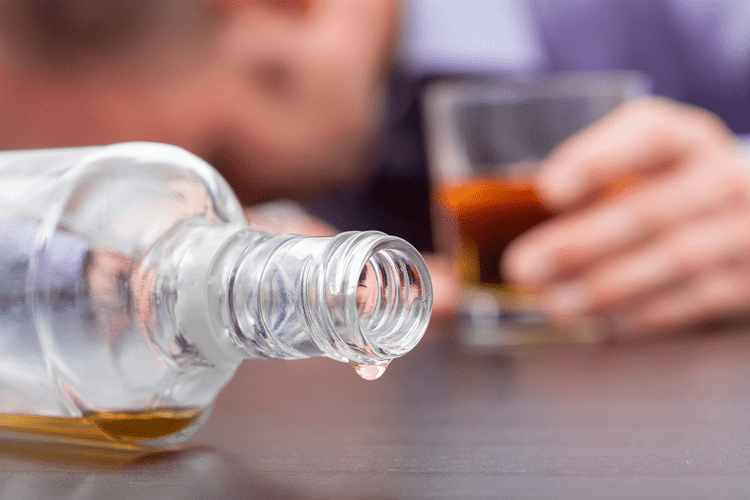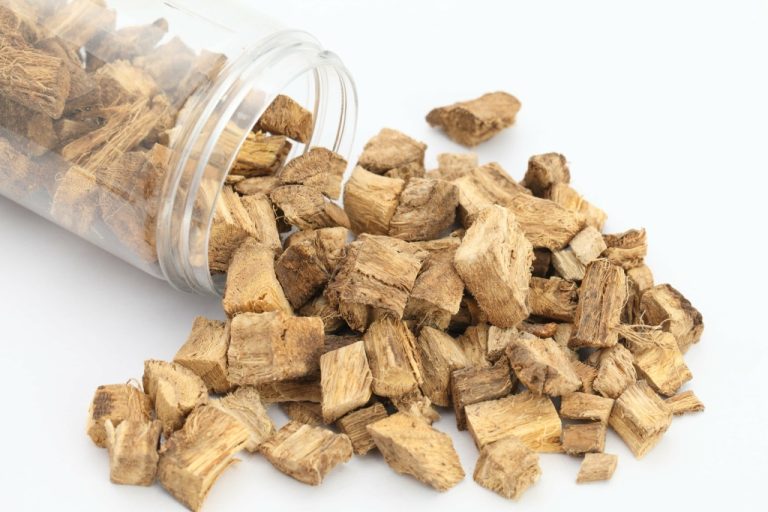Can Alcoholics Ever Drink Again? The Truth About Recovery
Our range of resources, facilities and home detoxing programmes are always available and might just save the life of yourself or a loved one. Now that your body is free of alcohol and withdrawal, you can begin attending regular GP checkups, support groups, CBT sessions and even holistic activities such as yoga or swimming. While modern therapeutical treatment, medication and holistic support groups work wonders when it comes to overcoming alcoholism, the very first move has to come from the patient. If you’re a recovered alcoholic, all this flip-flopping and contradictory advice isn’t going to help you. It’s a very understandable question – after all, they must have had a soft spot for drinking occasionally back before they developed a problem.
Abstinence stage
During this stage, most people focus their energy on coping with cravings and resisting the urge to drink. If you think you may have a drinking problem, you’re definitely not alone. In 2021, researchers estimated nearly 30 million people ages 12 years and older in the United States had alcohol use disorder (AUD). Recovery from alcohol addiction generally follows the stages of abstinence, withdrawal, repair, and growth.
What Happens When an Alcoholic Relapses?
- You may feel like a sip or a quick drink is harmless and will help avoid explanations or awkward social encounters.
- Research finds that participating in a support group improves your chances for long-term recovery.
- Alcohol dependence is a chronic disease with slightly different symptoms than alcohol abuse due to the inability to stop drinking.
- By the time you find out you are unable to moderate your drinking, unsafe drinking habits may have already returned.
- If a person stops drinking after tolerance, dependence, or addiction takes hold, they will experience withdrawal symptoms.
Abstinence-based recovery programs offer a structured approach that helps individuals rebuild their lives free from alcohol’s influence. These programs focus on creating healthier habits, fostering supportive relationships, and developing strategies to handle triggers and stress. This approach often creates a strong foundation for stability and Halfway house growth. Drinking may place recovering individuals in environments that encourage binge drinking or exposure to other substances. These influences can make it even more challenging to maintain control. Drinking in moderation typically refers to consuming alcohol within recommended guidelines.
Drinking the same amount before stopping alcohol use means they feel the effects much more quickly and may experience dangerous results, including blackouts or alcohol poisoning. As a person with an alcohol use disorder goes through detox and rehabilitation, their body seeks to regain normal function and balance. This process may cause intense withdrawal effects initially, which usually lessen over time. However, significant alcohol cravings may last much longer and often contribute to relapse. Drinking after a period of sobriety can lead to a quick reestablishment of old habits and potentially more severe addiction. Physical risks include withdrawal symptoms, potential for overdose, and the exacerbation of health issues like liver damage, heart problems, and neurological impairments.
Understanding Alcoholism

Harm reduction recognizes that for some, it is either not necessary or not possible to quit drinking entirely. In place of quitting alcohol, harm reduction works to help people be more mindful about their drinking habits. Recovery is lifelong, and a relapse can happen at any time, even after years of not drinking. If you can recognize the warning signs of each stage, you can take action to avoid a relapse.
Evidence-Based Treatment
When you are in addiction recovery, you are typically expected to commit to full sobriety, at least for a while. This means not using alcohol or any other addictive substances. While some are eventually able to drink again in moderation, the majority of people who suffer from alcohol abuse disorder are advised to maintain their sobriety. A person who starts abusing alcohol (or other substances) after a period of sobriety is said to have relapsed. Relapse is fairly common among addicts – up to 70% of alcoholics will relapse at some point; a third of all people in alcohol addiction recovery will do so within a year.
If you find yourself in an environment surrounded by others who are drinking, the best route for you is to replace alcohol with water, soda or other non-alcoholic drinks. Remember, “only one drink” is a slippery slope that can lead you to lose control. Luckily, practicing abstinence can keep you on the beneficial journey of long-term recovery. Though having a beer or glass of wine with friends can feel innocent enough, one drink can lead to another, and you might find yourself relapsing. Choosing non-alcoholic beverages can broaden your horizons to new tastes and experiences that benefit your recovery journey. One of the most rewarding ways to preserve your progress is to stay on this path.

These homes provide stability, routine, and community, making it easier to avoid relapse. Writing your plan down and reviewing it regularly keeps it fresh in your mind. The more prepared you are, the stronger your recovery will be.
When a relapse happens at this stage, the damage can be irreversible. If a person returns to their old drinking habits, they may find it difficult to escape from them again. Doing this will prevent them from taking positive steps in recovery. A person will experience a relapse of drug and alcohol use for many different reasons. After not drinking for a while, the body can’t process alcohol the same way, and it is especially dangerous for the brain. Peer pressure can also lead to alcohol relapse because a person may feel left out in social situations involving others consuming alcohol.
There’s a certain logic to thinking that someone in recovery from alcohol addiction is only relapsing if they turn to alcohol again. However, relapse is less about the substance and more about the addiction. So when you are in alcohol addiction recovery, becoming addicted to a different substance is still considered a relapse. The journey into alcoholism is seldom a drinking again after sobriety linear path but rather a confluence of various factors that predispose an individual to addiction.
It will help you with the initial symptoms of withdrawal and detox. It will help you learn how to have fun again without drugs and alcohol. It will teach you how to live a sober lifestyle for many years to come.
Leaving the house reminds you that you are not alone in this world and going for a brisk walk or a conversational run with a sober friend increases feel-good hormones and decreases the craving to drink. If you’d truly like to incorporate alcohol into your life again, talk to a licensed clinician about it. Individuals who are healthy and stable in their goals and relationships may be able to slowly reintroduce alcohol back into their lives. Always talk to a professional about your plans before you begin to drink. If you’ve been in a program, immediately connect with your counselor, therapist, support group, or mentor.
